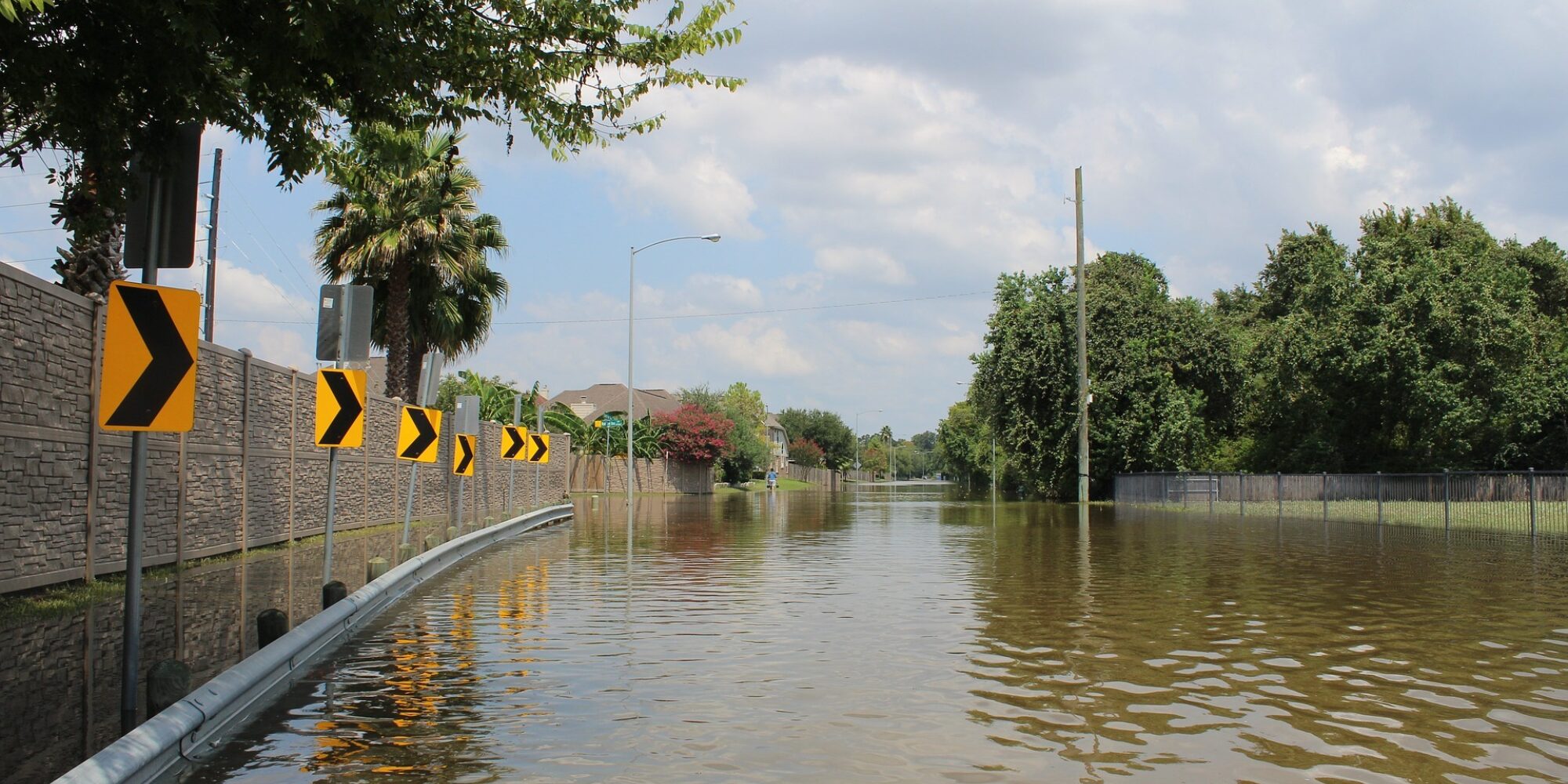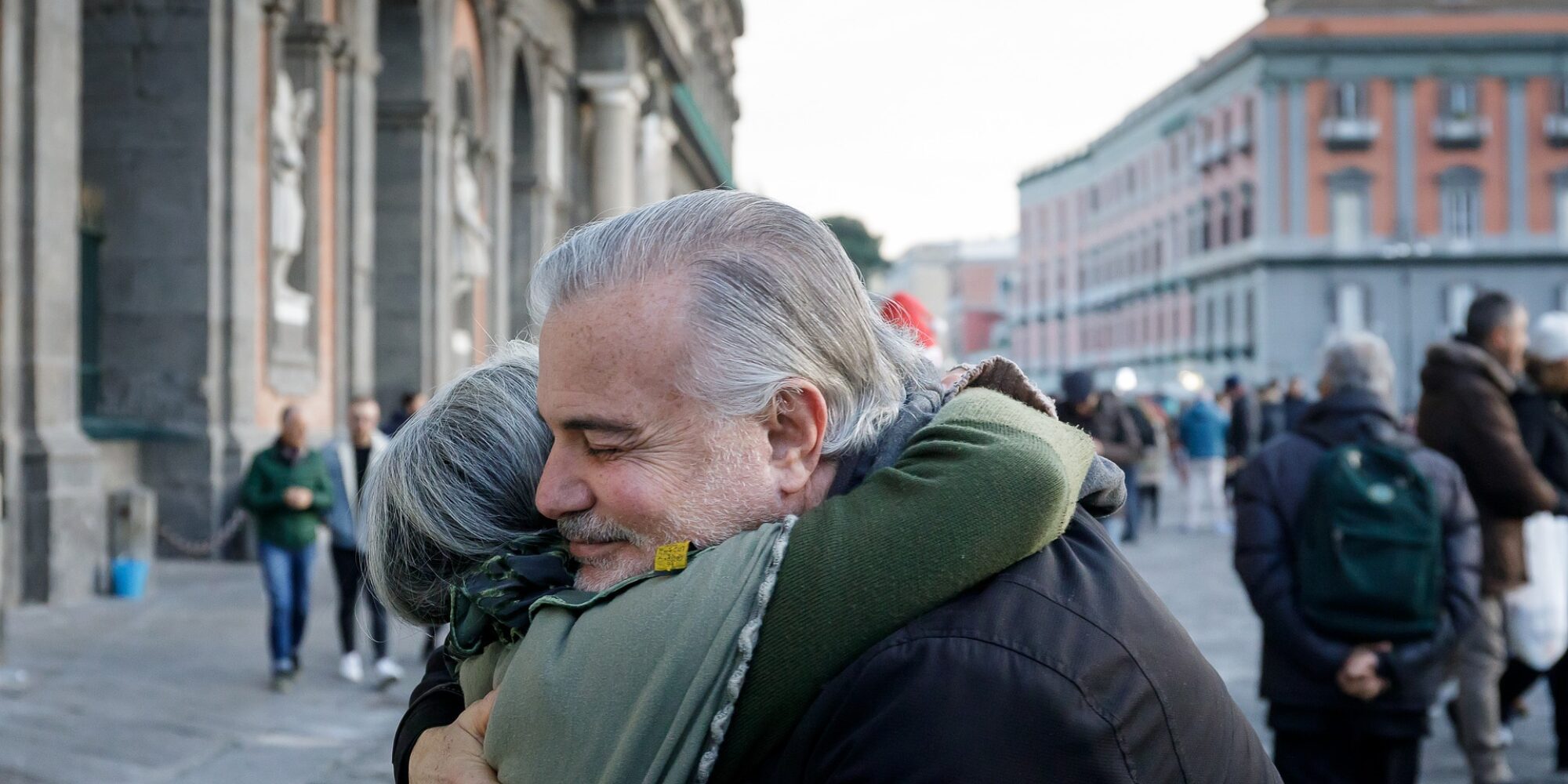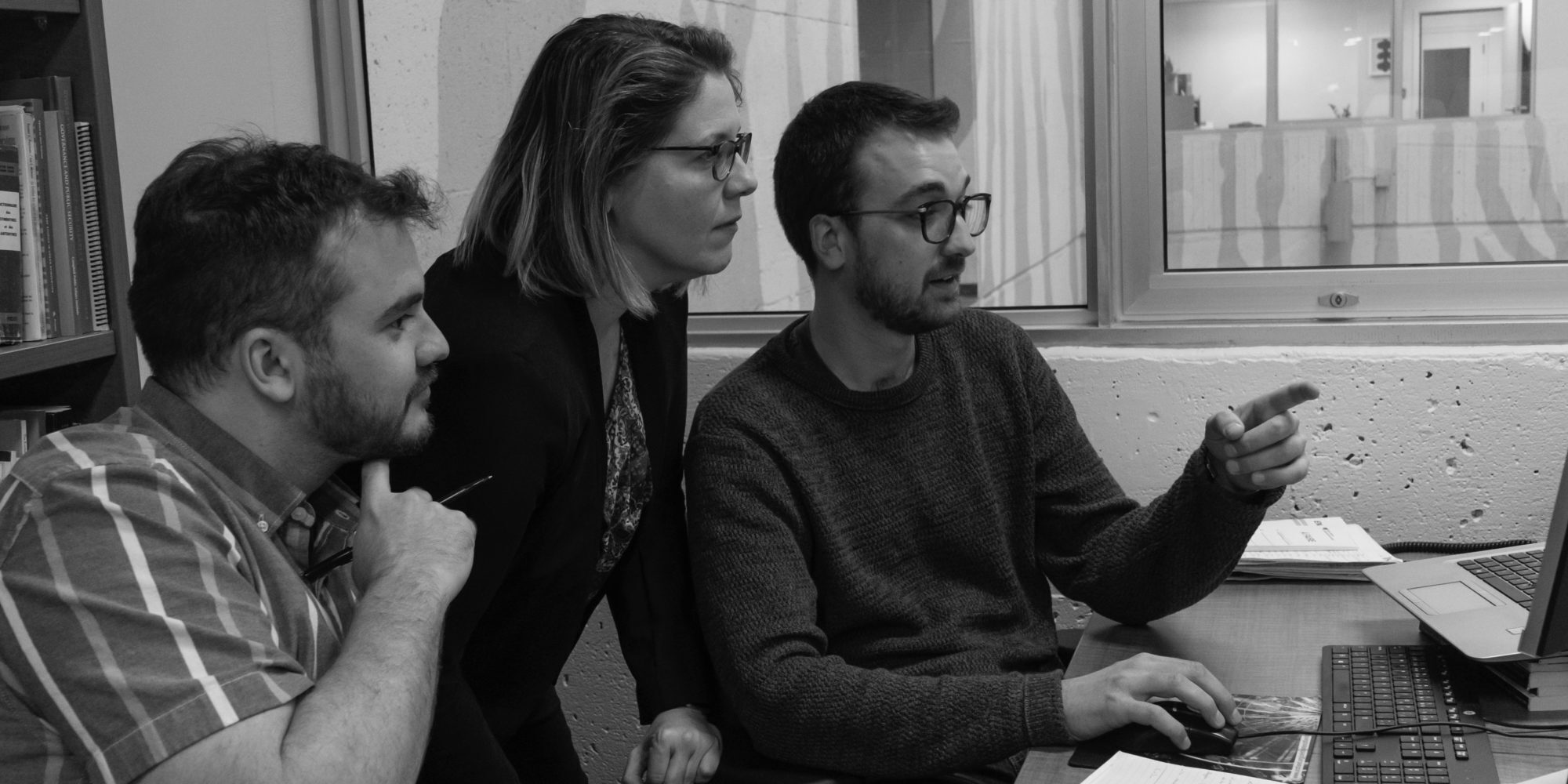Mar 14, 2022
Creating sustainable and equitable cities through municipal policies

Municipal investments in the built environment have long-term consequences for cities and local communities that extend beyond their original objectives. For example, transportation policies aimed at reducing greenhouse gas emissions can have consequences for both the health of citizens and social equity. The construction of new bike paths to promote physical activity can contribute to increasing or reducing equity between different populations. New bike paths promote equity if they are built in neighborhoods that are poorly served by bike paths, encouraging new populations to adopt an active, safe mode of transportation.
Mar 14, 2022
Science and strategic planning

In collaboration with SphèreLab and Antès, the Cité-ID Living Lab is supporting the Quartier des Spectacles Partnership (PQDS) in its strategic planning process, with the goal of anchoring the organization’s choices and vision in scientific evidence. Our approach combines a business design perspective, which makes it possible to transform an idea into a viable product over the long-term, and the co-production of public services that prioritizes citizen-users.
Dec 13, 2021
Impacts et coûts indirects des inondations sur les sinistrés

Les inondations et leur gestion suscitent de nombreux événements stressants pour les sinistrés lors de la période du rétablissement, tels que l’insécurité financière et la difficulté de composer avec la complexité des démarches à entreprendre. Ces stresseurs secondaires entraînent des conséquences sur la santé des sinistrés ainsi que des coûts sociaux et économiques pour la société.
Oct 4, 2021
Recover collectively from crises: the case of Quebec City

To recover from a crisis, cities, like other levels of government, typically need to deploy extraordinary measures, adopt collective approaches, break down internal silos, and strengthen coordination capabilities. But how are these new practices put in place, and how can they subsequently be used to address other major challenges facing communities?
Oct 4, 2021
Understanding the Impact of COVID-19 Community Action Plans
![Understanding the Impact of COVID-19 Community Action Plans]()
When faced with the social and economic challenges of a public health crisis like COVID-19, community organizations can play a key role in addressing population needs and fostering community resilience. But how can these networks be supported so they generate the most relevant impacts and lessons?
Apr 17, 2021
Flood Risk Governance in a Changing Climate

The costs of flood damage in Canada are high and are likely to increase with climate change. Cité-ID LivingLab is working with researchers on a comparative study of local and regional governance of flood risk management in Canada.
Apr 17, 2021
Digital technologies and COVID-19 in Quebec

The COVID-19 pandemic has highlighted the importance of digitizing government information and communication systems, as well as the challenges this involves. At the start of the pandemic, many health authorities still depended on paper-based processes, manual entry and transmission by fax. They were forced to adapt and change their practices very quickly.
Apr 17, 2021
Social ties and resilience during the COVID-19 pandemic

The quantity and quality of social ties are a crucial factor in the ability of citizens and communities to recover from a disaster. In the context of the Covid-19 pandemic and public health guidelines regarding physical distancing, social bonds are now even more likely to influence post-crisis recovery. Changes in social ties due to the pandemic can also have negative consequences on resources normally accessible to individuals in times of crisis.
Oct 1, 2020
Cité-ID partners with the LICER on regulatory experimentation

Since May 2020, Cité-ID has partnered with the Laboratoire d’innovation civique pour l’expérimentation réglementaire (LICER, or the Civic innovation laboratory for regulatory experimentation). Initiated as part of Montréal en commun (formerly the City of Montréal’s Smart City Challenge), the LICER is a collective project led by the Maison de l’innovation sociale (MIS) to remove regulatory barriers that can hinder innovation at municipal and local levels.
Nov 5, 2019
Governance of flood risk in Lake Champlain and the Richelieu River

The team at Cité-ID joins the International Joint Commission to study the causes, impacts and repercussions of flooding in the watershed of Lake Champlain and the Richelieu River and look at solutions










